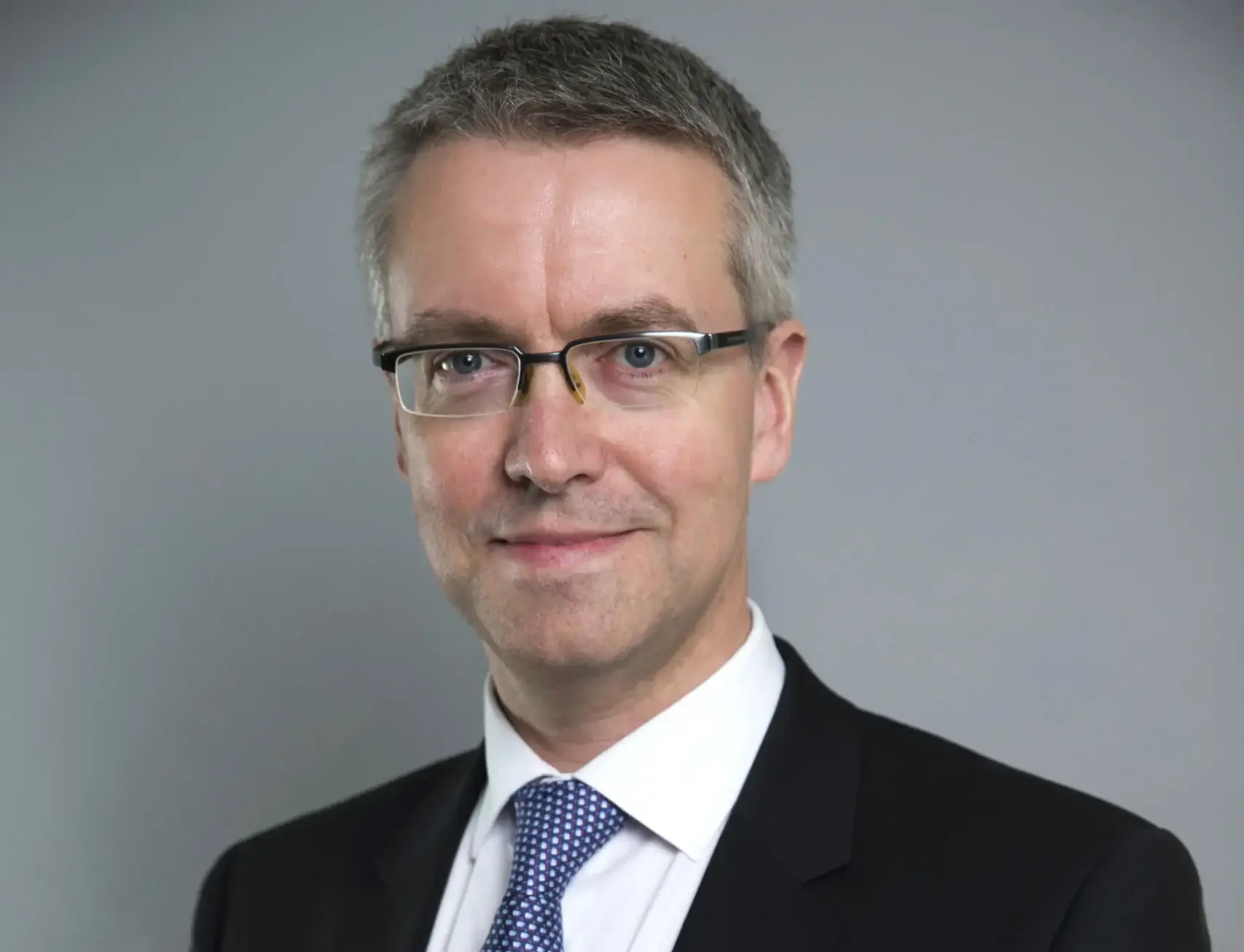From 01 January to 30 June 2023, Sweden holds the Presidency of the Council of the European Union. Previous Swedish Presidencies took place in 2001 and 2009.
The tasks of a country holding the Presidency of the Council of the European Union include organising meetings, mediating between states, negotiating compromises and ensuring the coherence and continuity of the decision-making process in the EU. Such a country also acts as a link between the EU Council and the European institutions, especially the European Commission and the European Parliament. The Council of the European Union, also known as the Council of Ministers, brings together ministers from the Member States, who meet in sectoral teams dealing with, among others, economic, financial and internal affairs. In addition, the Council adopts and amends the EU budget, in cooperation with the European Parliament, concludes international agreements on behalf of the EU and appoints members of several EU institutions.
The Swedish Presidency of the Council of the European Union started on 01 January 2023 and will last six months. The Presidency will be based on four priorities:
- security – unity;
- resilience through increased competitiveness;
- prosperity – a green energy transition;
- democratic values and the rule of law.
Security – unity
The European Union’s swift and decisive response to the Russian invasion of Ukraine demonstrates how strong we are when we act together. The priorities of the Swedish Presidency will include continuing the provision of financial and military assistance to Ukraine, as well as supporting this country in its goal to become a member of the European Union. This will require further efforts at both national and EU levels, such as actions necessary to facilitate rebuilding Ukraine and introducing reforms that will allow to integrate this country into the EU.
In order to strengthen the security of the EU and its citizens, we need to build consensus on a robust European security and defence policy, in close cooperation with our partners. Further action will be based on joint efforts to counter Russia’s aggression against Ukraine and on the implementation of the “Strategic Compass” and other initiatives. Sweden will also continue the fight against cross-border organised crime in response to the citizens’ legitimate expectations regarding public safety.
Resilience through increased competitiveness
The most important political issue at the moment is the war in Ukraine and its short-term consequences. At the same time, in order to meet the long-term challenges, we also need to focus on economic growth. Europe’s strength, resilience and position in the world depend on the economic situation on the continent and are closely linked to the single internal market and global trade opportunities.
Business entities benefit from operating in the world’s largest single market and successfully compete in global markets, thus laying the foundations for Europe’s prosperity and good international reputation. Therefore, the European Union must continue to provide the best possible conditions for a healthy and open economy, based on free competition, private investments and effective digitalisation.
One of the most important tasks of the Swedish Presidency will be to pursue the establishment of a comprehensive strategy for European competitiveness.
Prosperity – a green energy transition
The Swedish Presidency will continue the efforts aimed at dealing with high and volatile energy prices. At the same time, we intend to work on long-term reforms of the energy market.
Global climate challenges require worldwide action. Europe must lead by example through the fulfilment of ambitious climate targets that promote economic growth and competitiveness. To this end, we will implement the “Fit for 55” package and accelerate the energy transition.
CThose who introduce changes at early stages of industrial and technological transformations will gain an advantage. European companies are already at the forefront of such transformations. A joint European effort to become less dependent on fossil fuels is essential not only for the green transition, but also for our security. European businesses offering green solutions will be in demand on the global market and will be able to contribute to the transition to a circular economy.
A resource-efficient future, free of fossil fuels, will require investments in innovative industries that can transform the best ideas and innovations into functional solutions. In order to attract such investments, we need to have the right regulations in place.
Democratic values and the rule of law
The European Union is based on democratic values, paving the way for cohesion, individual freedom, increased economic production, global influence and lack of discrimination. Therefore, upholding the rule of law and fundamental rights is an essential element of the Swedish Presidency of the EU Council.
As part of the Swedish Presidency, several meetings of the heads of diplomatic missions accredited in Poland were held. During one of such meetings, Swedish Ambassador Stefan Gullgren gave a speech. One of the local tasks of the Swedish EU Presidency is to organise regular meetings within the sphere of the diplomatic missions of the EU countries in Warsaw. Representatives of the Polish Government are also invited to such meetings in order to present the Polish policy and position regarding various current issues and to enable discussion on these matters, said the Ambassador. A country holding the Presidency also coordinates the exchange of information between the embassies of EU countries in Warsaw, as well as between EU embassies and the Polish Government. For example, when Russia attacked Ukraine last year, all EU Member States had to evacuate their citizens from Ukraine via Poland. The exchange of information on this issue was coordinated by the French Presidency, which proved invaluable in facilitating the work of all embassies, he added.
On 24 January 2023, Swedish Ambassador Stefan Gullgren hosted the heads of EU missions at the Embassy of the Kingdom of Sweden in Warsaw. The meeting was also attended by the leaders of the Belarusian opposition: Sviatlana Tsikhanouskaya and Pavel Latushko. The event inaugurated a series of meetings organised under the Swedish Presidency of the Council of the EU.
On 01 February 2023, Ambassador Stefan Gullgren held the meeting of the heads of EU missions. One of the guests at the meeting was the Deputy Minister of the Interior, Bartosz Grodecki. The talks focused on migration-related issues. The event constituted another part of a series of meetings held under Sweden’s Presidency of the EU Council. On the eve of the first anniversary of Russia’s attack on Ukraine, the Swedish Ambassador, together with the Ambassadors of other EU and non-EU states which are friends of Ukraine, demonstrated their support for this country in front of the Ukrainian Embassy in Warsaw.
Ambassador Stefan Gullgren hosted the heads of EU missions also on 07 March 2023. The meeting was attended, among others, by the Undersecretary of State at the Ministry of Climate and Environment, Adam Guibourgé-Czetwertyński. During the event, current climate and energy issues were discussed.
As part of the Swedish Presidency of the EU Council, another meeting of the heads of diplomatic missions accredited in Poland was organised at the residence of the Swedish Ambassador on 04 April 2023. Among the guests was Kamila Król, the Deputy Minister of Development and Technology. The discussion mainly focused on the issues related to the single market and the global competitiveness of the European Union. As of July this year, another Member State will take over the rotating Presidency of the Council for six months. It will chair meetings of this institution at all levels and thus help to ensure continuity of the actions of the European Union.
The Member States that hold the Presidency after each other closely cooperate in groups of three. Each trio sets long-term objectives and prepares a common programme of topics and issues to be dealt with by the Council over 18 months. On the basis of such a programme, each of the three countries develops its own, more detailed, six-month plan. The current group consists of France, the Czech Republic and Sweden. The next country holding the Presidency will be Spain.
Photo captions:
- The meeting held at the residence of the Swedish Ambassador on 24 January 2023. (Photo: Press service of @nau.belarus)
- 2. Another meeting of the heads of diplomatic missions organised at the residence of Ambassador Stefan Gullgren
- 3. Bartosz Grodecki, the Deputy Minister of the Interior, attended the meeting.
- 4. On 07 March, the Swedish Ambassador hosted the heads of diplomatic missions and the Undersecretary of State at the Ministry of Climate and Environment, Adam Guibourgé-Czetwertyński.



Sledź nas na: